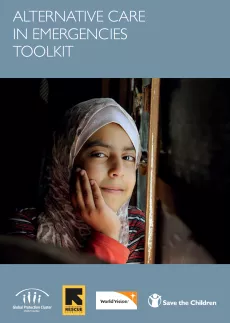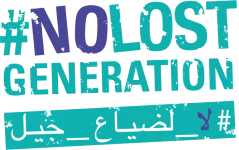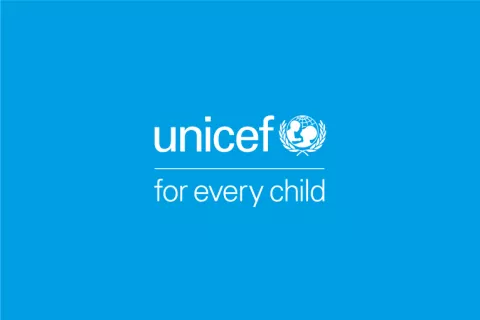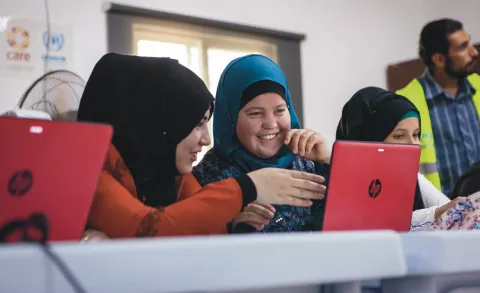Alternative care in emergencies toolkit
Interagency Working Group on Unaccompanied and Separated Children
Highlights
The tools and guidance in this resource are designed to facilitate the process of planning and implementing interim care and related services for children separated from or unable to live with their families during an emergency.
They are based on learning from recent emergencies, drawing on the principles and standards set out in the key documents relating to separated children and out-of-home care, including:
l The United Nations Convention on the Rights of the Child (UNCRC), United Nations, 1989
l Guidelines for the Alternative Care of Children, United Nations, 2009
l The Interagency Guiding Principles on Unaccompanied and Separated Children, ICRC, IRC, Save the Children, UNICEF, UNHCR, World Vision, 2004
l IASC Guidelines on Mental Health and Psychosocial Support in Emergency Settings, Inter-Agency Standing Committee, 2007.
The legal and policy framework for the delivery of good-quality alternative care for children emphasises the rights of all children to remain with or be reunited with their families. Where this is not possible or in the best interest of the child, alternative care should be provided in family-based settings. The challenge is in realising these aims, given the demands in emergency settings and the potential pre-existing issues related to supporting families and developing alternative family-based care.



